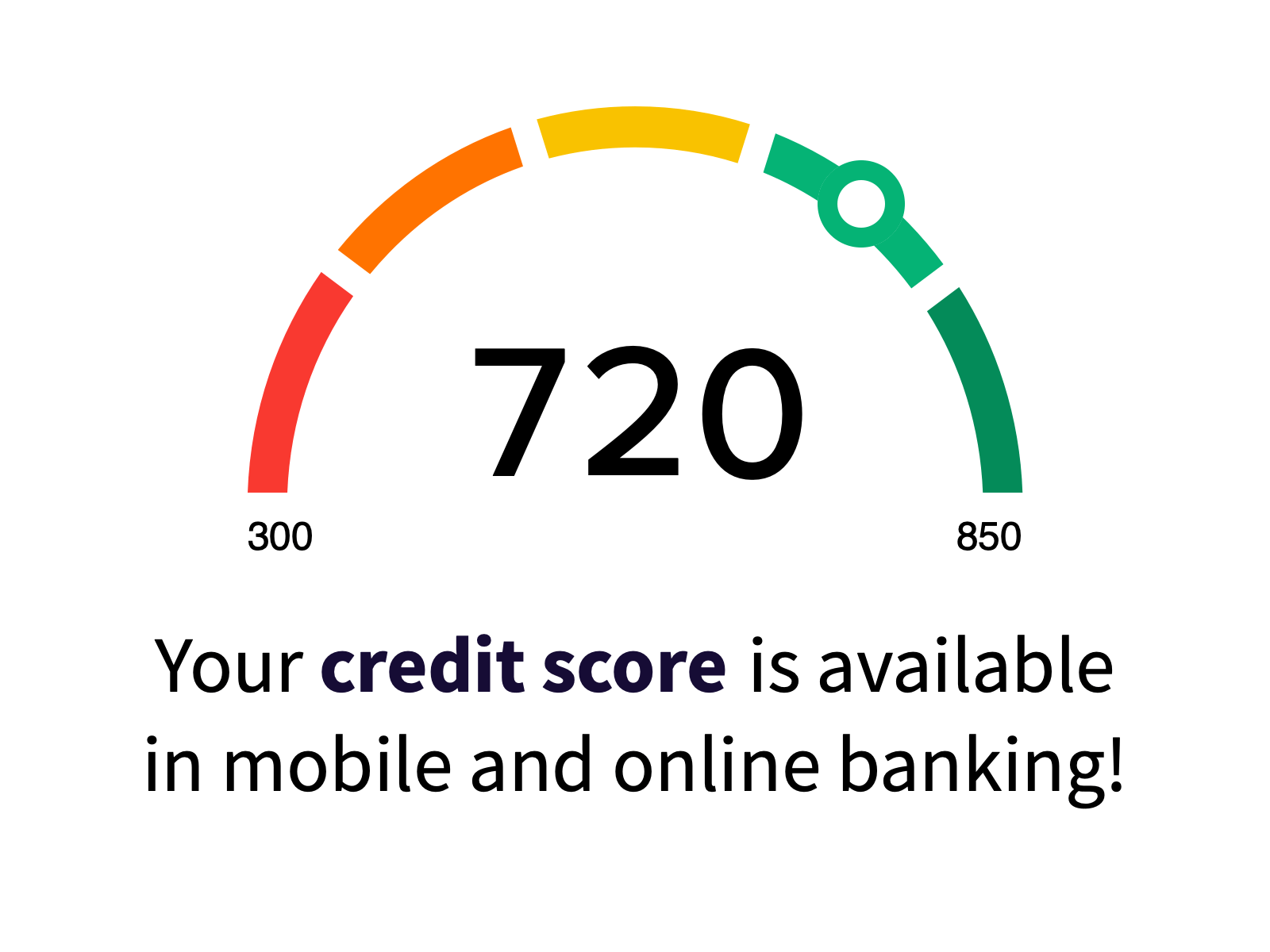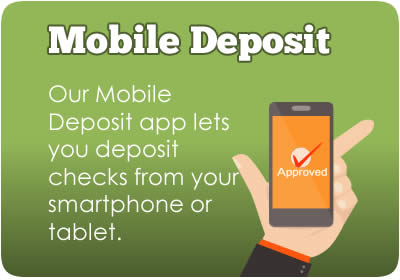IDENTITY THEFT - SIMPLE STEPS TO HELP LESSEN THE RISK

According to the Federal Trade Commission (FTC) a whopping 2.1 million fraud claims were reported to them in 2020. Consumers reported losing more than $3.3 billion to fraud in 2020, up from $1.8 billion in 2019. You read correctly…$3.3 billion. When an individual’s identity is stolen, the thief wreaks major havoc on the victim’s financial health, which can take months, or even years, to recover from.
“When my identity was stolen, I felt very violated,” states Danielle Hebert, NorState FCU Marketing Director who fell victim to identity theft in April of 2019. “This person had all my personal info – how they got it, I’ll never know. Even though it was a horrible experience, it could have been so much worse. I’m thankful for two things when this happened to me: thankful that I check my accounts daily to make sure everything looks right and that, when I did notice something was off, I immediately froze my credit.” A credit freeze stops creditors from running your credit and new credit lines cannot be opened in your name unless the freeze is lifted. (For more information on credit freezes and fraud alerts, visit our Fraud Prevention page) “In the weeks that followed, I received numerous letters from creditors stating that an attempt had been made to open an account with them - six credit card companies and one cell phone company. Had I not had the credit freeze in place, all of these accounts would have been opened in my name and the repercussions from that would have been a nightmare to clear up.”
As the numbers show, this happens all too often, and sometimes it’s beyond our control. But there are steps you can take to help lessen the risk of this happening to you.
Monitor Your Credit
One of the best p reventative measures you can take against identity theft is monitoring your credit. For NorState FCU
reventative measures you can take against identity theft is monitoring your credit. For NorState FCU
Use Multi-Factor Authentication
When banking online, or using any other service that utilizes sensitive information, always choose multi-factor authentication. If possible, use your thumbprint or face id as one means of identification. Otherwise, use multiple passwords, PINs or personal questions to make it difficult for a hacker to break into your accounts.
Use Strong Unique Passwords
Never use identical passwords for multiple accounts. If you do so, you’re making yourself an easier target for identity thieves. Instead, create strong, unique passwords for every account you use. The strongest passwords use a variety of letters, symbols, and numbers.
Only Use Wi-Fi with a VPN
Did you know you are putting your personal information at risk every time you use the free Wi-Fi at your neighborhood coffee shop (or any other public establishment)? When using public Wi-Fi, always choose a Virtual Private Network (VPN) instead of your default Wi-Fi settings to keep the sensitive information on your device secure.
Block Robocalls
Lots of identity theft occurs via robocalls in which the scammer impersonates a government official or the representative of a well-known company to get you to tell them your personal information. Lower your chances of being a victim by ignoring all calls from unfamiliar numbers. Each engagement encourages the scammers to keep trying.
Upgrade Your Devices
Whenever possible, upgrade the operating system of your computer, tablet, and phone to the latest versions. Upgraded systems will keep you safe from the most recent security breaches and offer you the best protection against viruses and hacks.
Shred Old Documents
While most modern-day identity theft takes place over the internet or through phone calls, lots of criminals still use old-school means to get the information they need. Dumpster-divers will paw through trashed papers until they hit the jackpot that contains personal information. It’s best to shred all documents containing sensitive information as soon as you don’t need them.
Keep Personal Information Personal
Be super-cautious about sharing sensitive data like your Social Security number, date of birth, and banking account numbers with strangers – and even with friends and family. It’s also a good idea to use the strongest, most private security settings on your social media accounts to keep hackers out.
Identity theft can be an expensive nightmare. Be proactive about protecting your identity and keep your information and your money safe.
Next week (Jan 31-Feb 4) is Identity Theft Awareness Week. Be sure to visit our facebook page for daily posts on today’s newest scams and ways to combat identity theft and fraud.



